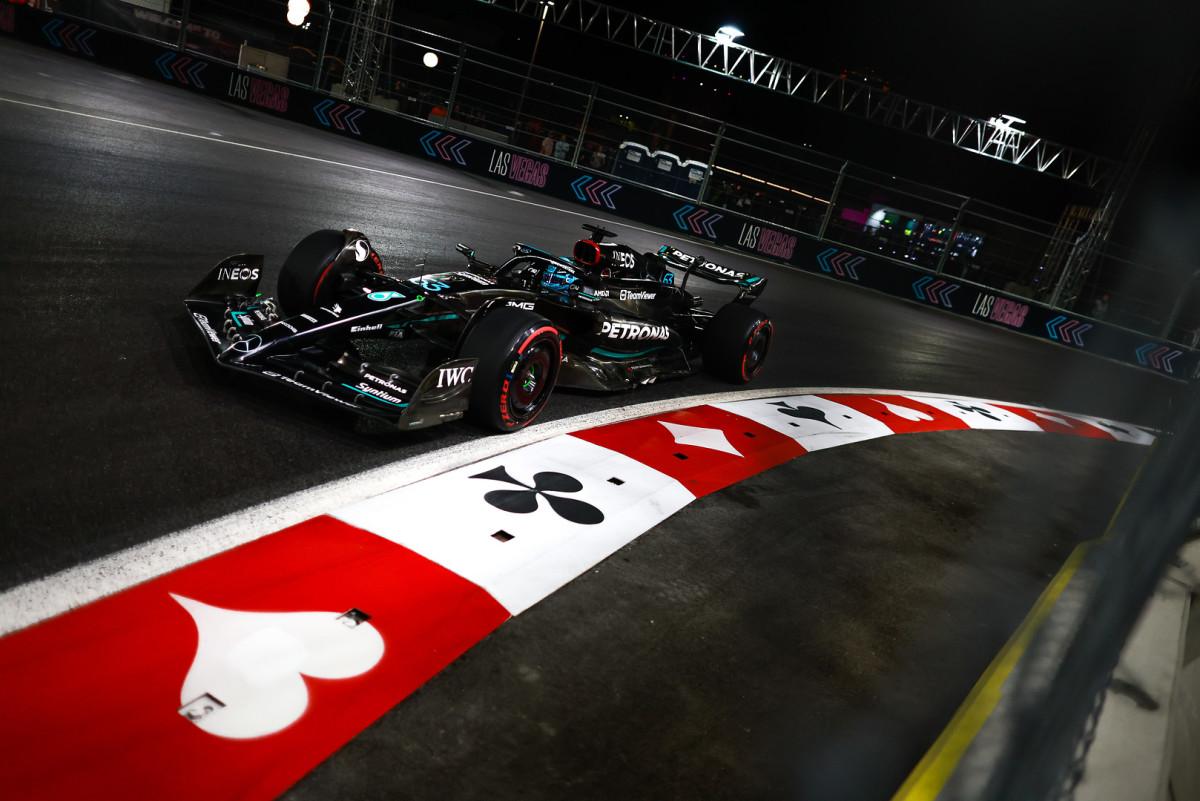F1 News: Las Vegas Grand Prix 2024 Tickets - Huge Deposit Revealed With Strange Twist

The Las Vegas Grand Prix of 2023, marked by its high ticket prices and an unexpectedly short first practice session, has set the stage for an even more expensive 2024 event. Fans eager to attend next year's race face a significant financial hurdle: a hefty deposit is required to even register for a chance to purchase tickets.
Key Takeaways:
- High Demand, High Prices: The 2023 Las Vegas Grand Prix saw enormous demand despite steep ticket prices, with a three-day pitch costing $500 and grandstand seats for the weekend at $2,000. Food and drinks were included in this price.
- 2024 Registration with Deposit: Fans hoping to attend the 2024 Grand Prix must pay a non-refundable deposit to register for tickets - $250 for standing or seating options and a substantial $1,000 for hospitality spots.
- No Guarantee of Tickets: Paying the deposit does not ensure a ticket; it merely grants priority when tickets go on sale. The final ticket cost, to be deducted from the deposit, is expected to be at least as high as in 2023.

The Las Vegas Grand Prix, returning to the city after more than 40 years, has quickly become a highlight on the Formula 1 calendar. However, this excitement comes at a price, quite literally, for fans. The 2023 event was a mixed bag of high costs and logistical issues, including a truncated first practice session and fans barred from the second free practice session on Friday.
The 2024 race has already started to follow a similar pattern but with an added twist. Liberty Media, anticipating a fully booked event, has introduced a registration system for ticket sales.
This system requires fans to pay a non-refundable deposit to secure a spot in the queue for tickets. While this deposit will be deducted from the final ticket cost, there is no guarantee that those who pay will actually be able to purchase tickets. The ultimate price of the tickets is yet to be announced but is expected to match or exceed the 2023 rates.
This move has sparked a range of reactions from the Formula 1 community. On one hand, it reflects the high demand and exclusivity of the event. On the other, it places a significant financial burden on fans, many of whom might end up paying a deposit without securing a ticket. The decision to require such a deposit, especially with no guarantee of a ticket, is a bold one, reflecting the evolving dynamics of event management in high-demand sports like Formula 1.
